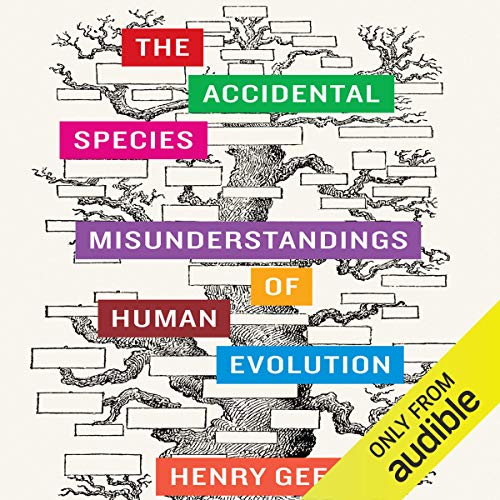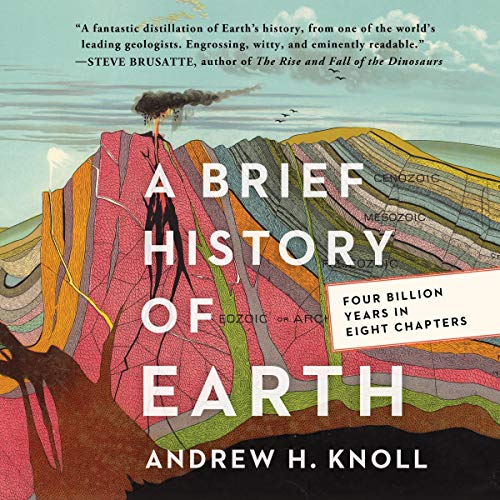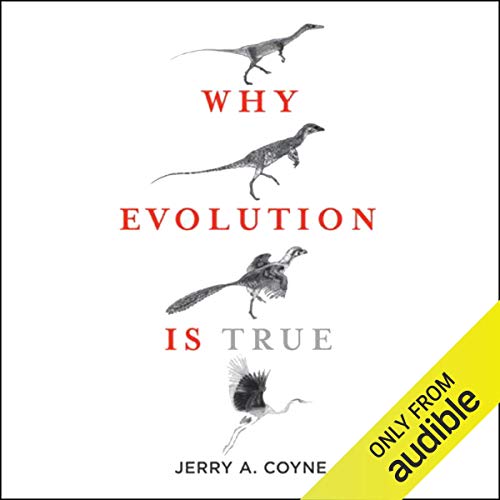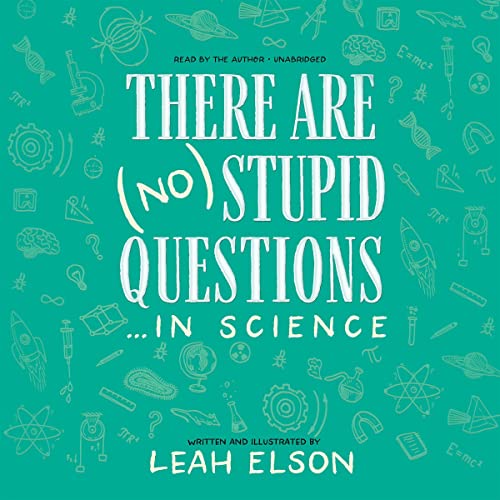
 Audible sample
Audible sample  Playing...
Playing... 
 Paused
Paused  Your audiobook is waiting!
Your audiobook is waiting!
Enjoy a free trial on us
$0.00$0.00
- Click above for unlimited listening to select audiobooks, Audible Originals, and podcasts.
- One credit a month to pick any title from our entire premium selection — yours to keep (you'll use your first credit now).
- You will get an email reminder before your trial ends.
- $14.95$14.95 a month after 30 days. Cancel online anytime.
Buy
-12% $17.46$17.46
The Accidental Species: Misunderstandings of Human Evolution
 Audible Audiobook
– Unabridged
Audible Audiobook
– Unabridged
The idea of a missing link between humanity and our animal ancestors predates evolution and popular science and actually has religious roots in the deist concept of the Great Chain of Being. Yet, the metaphor has lodged itself in the contemporary imagination, and new fossil discoveries are often hailed in headlines as revealing the elusive transitional step, the moment when we stopped being "animal" and started being "human". In The Accidental Species, Henry Gee, longtime paleontology editor at Nature, takes aim at this misleading notion, arguing that it reflects a profound misunderstanding of how evolution works and, when applied to the evolution of our own species, supports mistaken ideas about our own place in the universe.
Gee presents a robust and stark challenge to our tendency to see ourselves as the acme of creation. Far from being a quirk of religious fundamentalism, human exceptionalism, Gee argues, is an error that also infects scientific thought. Touring the many features of human beings that have recurrently been used to distinguish us from the rest of the animal world, Gee shows that our evolutionary outcome is one possibility among many, one that owes more to chance than to an organized progression to supremacy.
He starts with bipedality, which he shows could have arisen entirely by accident, as a by-product of sexual selection, moves on to technology, large brain size, intelligence, language, and, finally, sentience. He reveals each of these attributes to be alive and well throughout the animal world - they are not, indeed, unique to our species. The Accidental Species combines Gee’s firsthand experience on the editorial side of many incredible paleontological findings with healthy skepticism and humor to create a book that aims to overturn popular thinking on human evolution - the key is not what’s missing, but how we’re linked.
- Listening Length8 hours and 58 minutes
- Audible release dateFebruary 25, 2014
- LanguageEnglish
- ASINB00INHCP5K
- VersionUnabridged
- Program TypeAudiobook
 Read & Listen
Read & Listen
Get the Audible audiobook for the reduced price of $3.99 after you buy the Kindle book.
People who bought this also bought
- Audible Audiobook
- Audible Audiobook
- Audible Audiobook
- Audible Audiobook
- Audible Audiobook
Related to this topic
- Audible Audiobook
- Audible Audiobook
- Audible Audiobook
- Audible Audiobook
- Audible Audiobook
Only from Audible
- Audible Audiobook
- Audible Audiobook
- Audible Audiobook
- Audible Audiobook
- Audible Audiobook
Product details
| Listening Length | 8 hours and 58 minutes |
|---|---|
| Author | Henry Gee |
| Narrator | Martin Dew |
| Whispersync for Voice | Ready |
| Audible.com Release Date | February 25, 2014 |
| Publisher | Audible Studios |
| Program Type | Audiobook |
| Version | Unabridged |
| Language | English |
| ASIN | B00INHCP5K |
| Best Sellers Rank | #181,049 in Audible Books & Originals (See Top 100 in Audible Books & Originals) #31 in Paleontology (Audible Books & Originals) #237 in Paleontology (Books) #245 in Evolution (Audible Books & Originals) |
Customer reviews
Customer Reviews, including Product Star Ratings help customers to learn more about the product and decide whether it is the right product for them.
To calculate the overall star rating and percentage breakdown by star, we don’t use a simple average. Instead, our system considers things like how recent a review is and if the reviewer bought the item on Amazon. It also analyzed reviews to verify trustworthiness.
Learn more how customers reviews work on Amazon-
Top reviews
Top reviews from the United States
There was a problem filtering reviews right now. Please try again later.
The first part is the good part. Given the present scientific paradigm, no teleological (purposeful and established [ordained] before the fact) endpoint to evolution exists. Evolution is what it is: random genetic changes that happen to be of or take some advantage of some changing environmental condition. Gee argues convincingly that the appearance of humans as we know them on Earth now might have come out differently, arisen from different earlier stocks, or perhaps not come to exist on the planet at all. He also notes that the paleontological record is too sparse for us to reliably assemble the story of even our present form from the last handful of millions of years. This includes the marvelous addition of genetic analysis to the paleontological tool kit. Marvelous as genetics is, back past a few hundred thousand years, its samples are even rarer than fossils.
In roughly the second part of the book, Gee compares modern humans to animals to show that none of our supposedly unique qualities (gait, brain size, tools, language–he barely mentions writing–and self-consciousness) are entirely unique to humans. Here, I think he tries to be too clever by half, suggesting the slime trails of voles, or the smell of urine to a dog, are communication with some comparable quality to human communication, which also happens to include such passive forms of signaling if more subtle than slime or urine. Some animals even possess rudimentary language communicated through gestures (bees) and often sound, as do we.
Gee is right that many animals possess nascent capabilities that resemble some of what humans do, though none I know of developed any form of writing. But he goes too far when he asserts that there are no qualitative differences between the abstractions of nuclear physics or moral philosophy and the chattering of birds and barking dogs. We cannot know, he tells us, what gospels the crows are telling one another. With regard to the last quality he covers, self-consciousness, which he admits is ultimately the source of religion and art (abstractions and their reflection in language in general), he is, in the end, an eliminative materialist on mind, a position that only writes off and does not explain such things as art, religion, and abstractions generally.
Agreeing with Gee that the evolution of humans as we find them was not foreordained, we need not agree with him that nothing different-in-kind has emerged from the process. But since this difference manifests in art and religion, we cannot be entirely sure, as Gee unhesitatingly declares himself to be, that the endpoint (a being who could express himself in art, religion, philosophy, etc.) was not, by some unspecified ordination, teleologically driven even if it needn’t have emerged through exactly the path it happened to take. Gee’s very good first part and not-so-well-argued last part must leave that question entirely up in the air.
Would 100% recommend.
However, GEE writes thoughtfully and passionately, and his philo-science outlook is very much like Carl Sagan. A must-read for everyone who likes brain food.



















